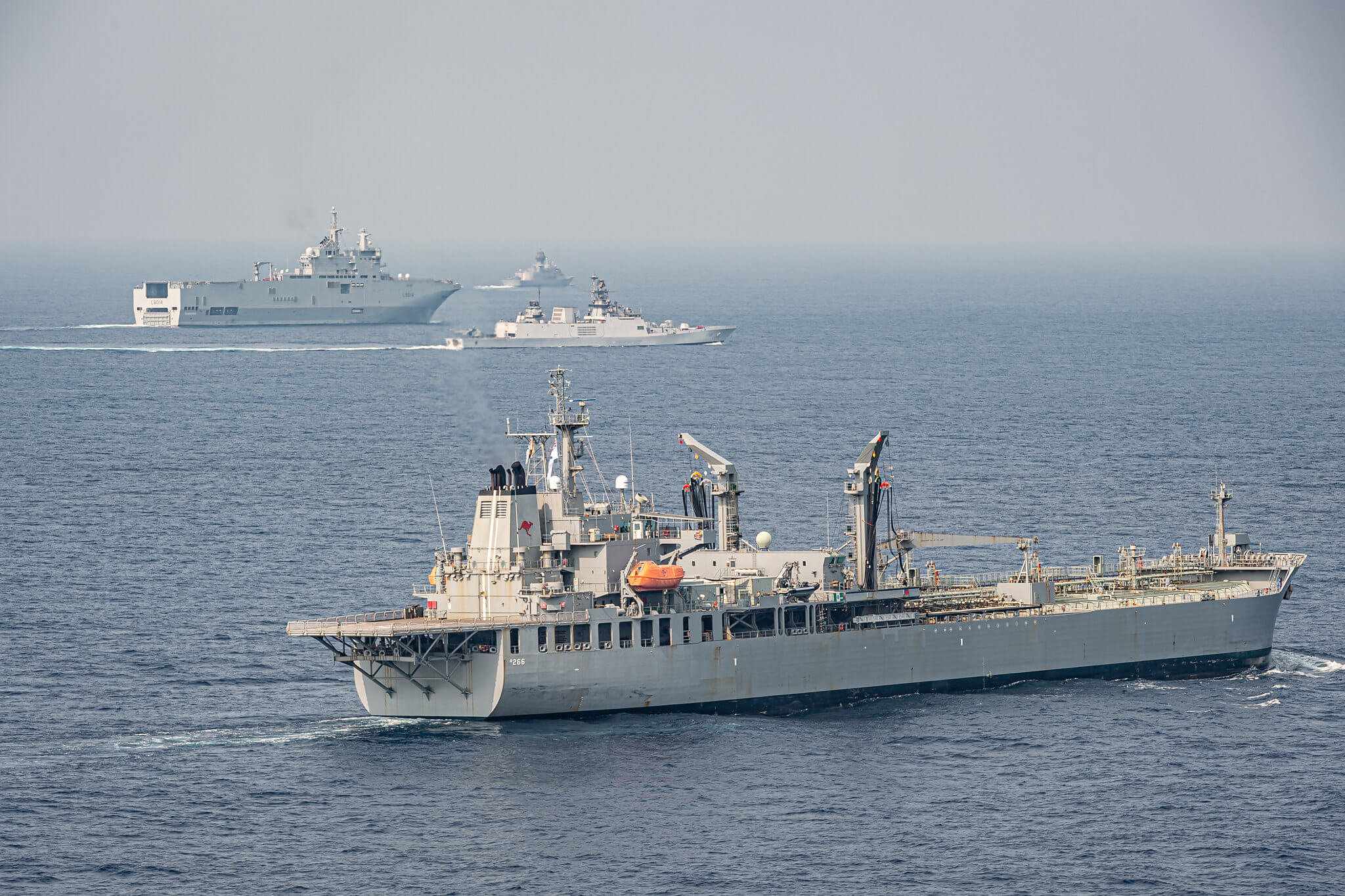
Quad : Road to Realpolitik
Thu, 10 Jun 2021 | Reading Time: 4 minutes

Shinzo Abe, the then Japanese prime minister in 2007 floated the idea of Quad to establish ‘Asian arc of democracy’. The idea seemed noble at first but got disbanded after strategic ambivalence and risk aversion of Australian PM Kevin Rudd. However the concept was reinstated after some back channel diplomacy.
The informal intergovernmental security forum’s proclaimed purpose is to build a rules based order for a ‘free, open and inclusive Indo-Pacific’ anchored by democratic values and to ensure freedom of navigation, rule of law and territorial integrity, unconstrained by coercion. It seems pretty quixotic but nonetheless within the gumption of the member states. The Joint statement of virtual summit this year declared the intent to respond to economic and health impact of COVID-19, climate change, supply chain resilience and address challenges regarding cybersecurity, counterterrorism, infrastructure investment, etc
The challenges to the region are acute, in light of China’s belligerence. She no longer plans to be a status-quo power after realizing high power differential compared to the neighborhood and beyond. Its inexorable hegemonic ambitions and predatory cheque book diplomacy speaks volumes of shape Xi Jinping’s ‘Chinese dream’. It seems to suffer from strategic insecurity in the Indo-Pacific and beyond and thus is hell bent on enticing its neighborhood and global governance architecture, with WHO being the recent victim. Its territorial aggression is appalling not only with regard to India but also Bhutan, Nepal, Russia, Philippines, Indonesia and the surrounding region. But no one seems to be explicit in expressing their dismay and act besides India, whom many in CCP and their mouthpiece CGTN consider strategic adversary. In the pursuit of ‘String of pearls’ strategy she wants Delhi to be preoccupied with LAC feud so that it can continue it’s supposed revanches in the Indo-Pacific. Beijing apparently by its hawkish posture wants to implicitly convince US that India cannot be relied upon as countervailing force in the region.
Pacific island states must fathom the fact that Asian dragon’s peaceful rise post pandemic is out of the question, probably some of them might agree to it but they are still reluctant to come to grip with the espoused vision of free and open Indo-Pacific and assimilate it into their respective policies. This shows the accentuated gravity of power politics and economic muscle. ASEAN states now has become even more dependent on Beijing due to vaccine shortages. Chinese economy grew record 18% in the first quarter of 2021 and exported $2.5 trillion worth of goods last year. This shows the resilience of Chinese economy, which is closing the gap rapidly with the US. One of the reasons for hesitance however can be differing interpretations and stated objectives of Delhi and Washington. Unlike the US, Indian government considers the region starting right from eastern shores of Africa till western coast of North America. This may seem easy to reconcile but what about the fact that American administration’s Indo Pacific strategy considers China as a security threat. I honestly don’t see South Block doing so even if it makes National security strategy public. Another issue seems to be mutual exacerbated expectations from each other, particularly from the US. Delhi has limits of satiating the role of Net security provider in the region amidst Beijing’s bellicosity as we cannot ignore or alter geography. We might be able to confront PLA on the border to preserve our own territorial integrity but to do so in the neighborhood seems far fetched, as risk aversion mentality is deeply ingrained in our establishment. Now some might think that we liberated Bangladesh in 1971 war, but Islamabad’s and Beijing’s power differential both in economic and military terms is staggering, latter’s GDP is approximately 40 times of Pakistan, its iron ally.
C. Raja Mohan, authoritative voice on foreign policy issues, is of the opinion that Quad is an important step for “limiting the dangers of unipolar Asia”. For that we need to set few things in order. Issue specific coalitions like Quad needs alignment of strategic interests and sensitivity to core concerns of each other, which can be done by agreeing to a definitive blueprint, a maritime security charter in line with ‘Indo-Pacific outlook’ of the ASEAN. This needs a significant and persistent diplomatic manoeuvre. Next, we need fulfill the promises of joint statement by catering to region’s economic needs via expeditious connectivity projects and investment. India in particular needs to pay serious heed to its delivery deficit in the immediate and extended neighborhood, political will to act swiftly and not rhetoric of soft power is the way forward.
The security forum which still very much is a work in progress is nonetheless a strategic necessity for constructing a durable BOP in the region. For India, external balancing through the forum seems to be the only panacea for now, as internal balancing will take years given the power asymmetry. We should shed our long held dogma and political fantasy that strategic cooperation with the US is the reason for strained Sino-Indian relations. If that would’ve been the case then what explains 1962 war, when Delhi was strictly non aligned. In fact the US administration back then considered NAM (Non aligned movement) as Soviet’s second club and stated that it was “club of dictators asking for democracy”. But in the current multipolar environment choices aren’t as binary as portrayed by Russia and its southern neighbour.
India’s security infirmities have resulted from historic obsession with Pakistan and complacency and hysteria regarding China, leading to our consistent misreading of China’s ambitions. Nehru’s idealistic shibboleth i.e “Hindi-Chini bhai bhai” is emblematic of this flawed approach. In these turbulent and fractious times, we should learn from the wisdom of Classical Realist scholar Hans Morgenthau and avoid wishful thinking, he believed that “conflict was the unavoidable fact of life and that universal moral principles don’t guide State’s behaviour, they are just masks to hide real intentions”. China’s strategic posture epitomizes this doctrine. It seems that it believes in argument of power rather than power of argument.
Therefore it’s a strategic necessity of not only Delhi, but of all the affected states to confront Chinese antagonistic demeanor and act in a mutually concerting and audacious manner, without worrying about strategic repercussions. It may sound idealistic but one needs to pragmatic when it comes to great powers like China. The like minded affected democracies cannot enter into mutual defense pact like NATO, it’s been three decades since cold war and no one wants another. But the scale of challenge that China represents at least needs regional consensus. France and UK having strategic presence in the region have led by example and aligned their policy with that of Quad. The region needs an affinitive approach vis-a-vis clear eyed realism. Thus the Quadrilateral security dialogue has a long and tedious road ahead.
Disclaimer
The opinions expressed in this article are the author’s own and do not reflect the views of Chanakya Forum. All information provided in this article including timeliness, completeness, accuracy, suitability or validity of information referenced therein, is the sole responsibility of the author. www.chanakyaforum.com does not assume any responsibility for the same.
Chanakya Forum is now on . Click here to join our channel (@ChanakyaForum) and stay updated with the latest headlines and articles.
Important
We work round the clock to bring you the finest articles and updates from around the world. There is a team that works tirelessly to ensure that you have a seamless reading experience. But all this costs money. Please support us so that we keep doing what we do best. Happy Reading
Support Us





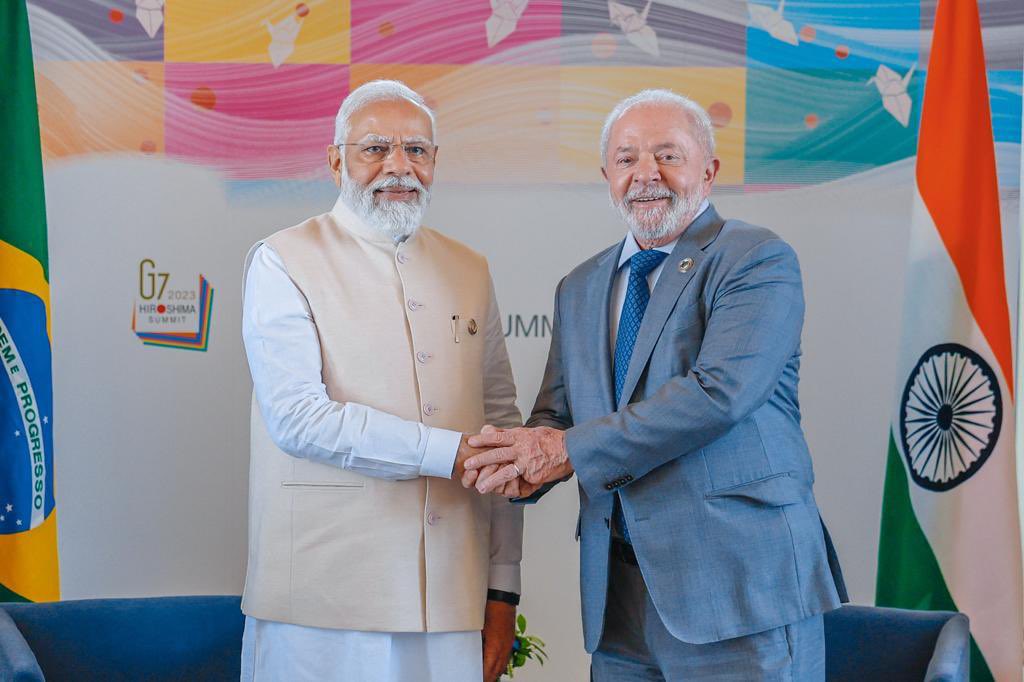

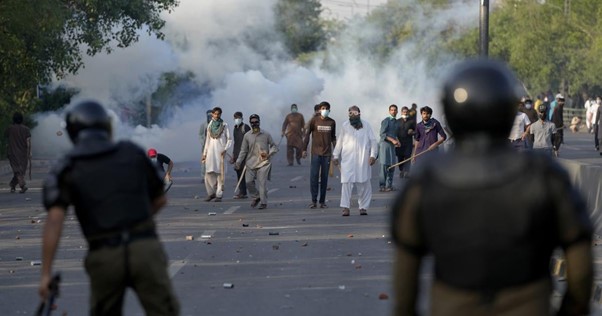

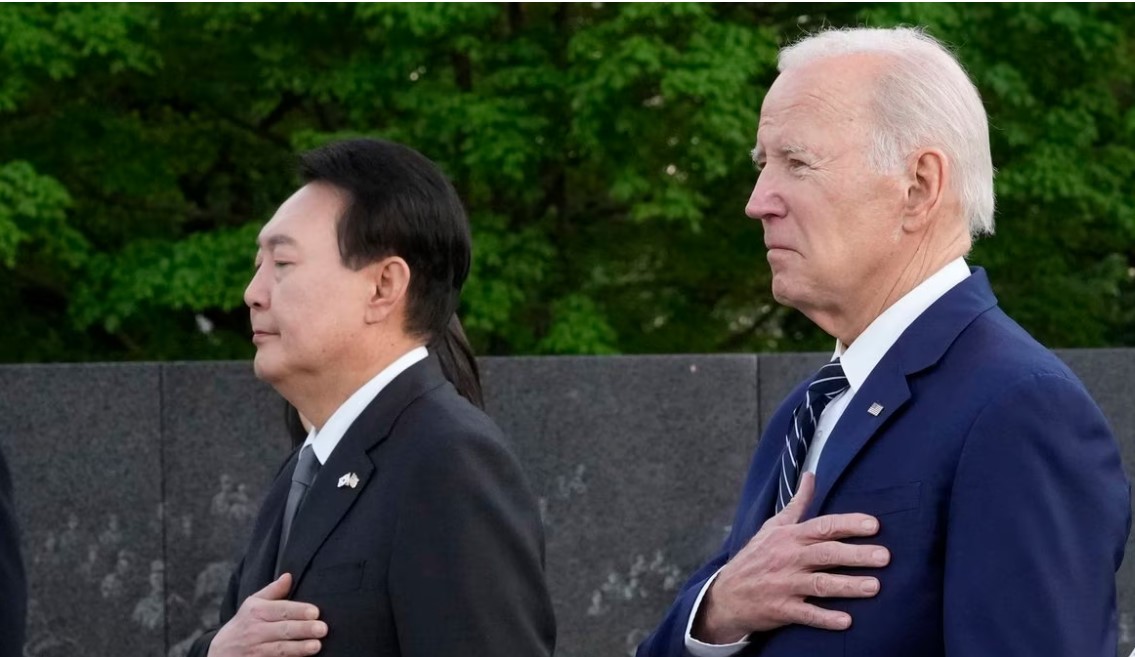


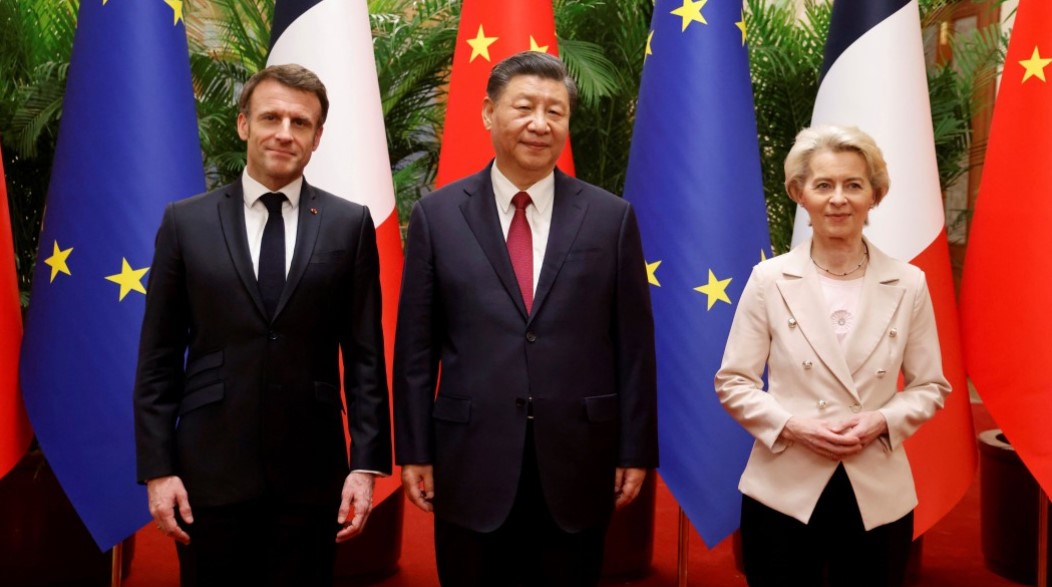







POST COMMENTS (0)